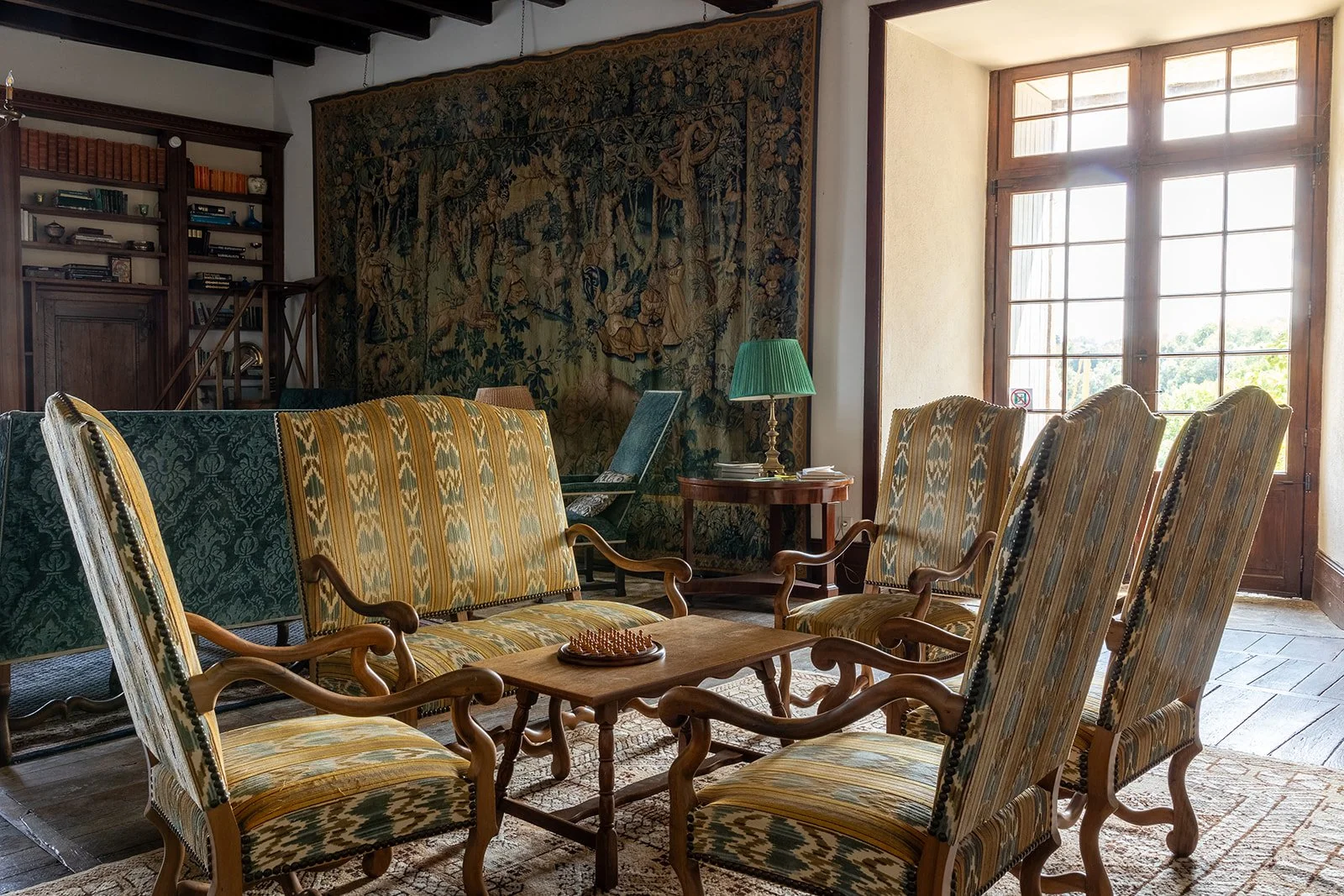The art of “ouch” and “oops”
Part of our “How We Quamp” series — a peek into the social norms that shape Quamp Qulture.
It’s our goal to be as transparent as possible. Not only because it’s ethical, but because it helps us attract the people who vibe with our values. No one has mastered accountability, kindness, and rest combined, but we can damn well try.
So what happens when honesty meets curiosity, and rest remains the priority? Here’s one part of our approach- out in the open- to ensure we’re all on the same page.
What “Ouch” and “Oops” Traditionally Mean
The “Ouch/Oops/Whoa” framework is a community communication tool used in many social justice, DEI, and restorative practice spaces. It gives everyone a shared, low-pressure language for when harm, discomfort, or missteps happen in a group setting.
Ouch — a gentle flag that something hurt, landed wrong, or felt off.
Oops — an acknowledgment that you may have caused harm or missed the mark.
Whoa — a pause signal, used when something needs to stop for everyone’s safety or to prevent escalation.
Instead of confrontation or silence, these cues open a small door toward understanding. They turn discomfort into conversation, and reaction into reflection.
How It Works at Quamp
At Quamp Château, our space isn’t a conference room or a class field trip—it’s a place built for rest.
That means our approach to these tools centers around ease, choice, and curiosity. We focus primarily on Ouch and Oops (though Whoa still has its place).
Here’s what that might look like:
Person 1: “Everyone knows about that!”
Person 2: “Ouch.”
Person 1: “Oops.”
Maybe you keep chatting. Maybe you agree to circle back later. Maybe you switch and chat with someone else.
There’s no mandatory group debrief, no pressure to process everything in real time. The goal isn’t to analyze every interaction—it’s to make repair possible without derailing your rest.
Neurodivergent-Friendly
We use these cues as a way to reduce social guesswork.
Instead of decoding tone or trying to read between the lines, everyone shares a simple communication toolkit. You don’t have to invent a new language with each person you meet—you already have a few shared words to navigate with care.
This predictability and clarity help create a more accessible and affirming environment for neurodivergent campers allowing us all to focus on connection and relaxation.
Walking Away = Okay
Sometimes, the most respectful thing you can do is walk away. In a space dedicated to rest, taking distance when something isn’t your vibe isn’t avoidance—it’s wisdom.
At Quamp, stepping back can be a form of care, a pause that prevents escalation rather than fueling it. We model this as a healthy choice: you don’t have to fix everything right away. You can choose rest.
Why It Matters
“Ouch” and “Oops” aren’t about perfection—they’re about permission. Permission to be human, to learn, to take a breath before responding. It’s how we practice our values—Authenticity, Unity, Gaiety, and Commitment—in real time, in real conversations.
Community isn’t only built on shared laughter, but also through how we handle “ouchie” moments.

